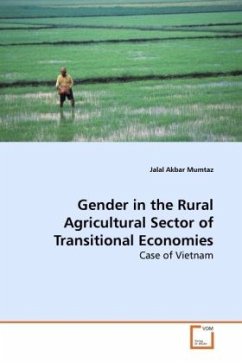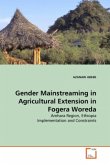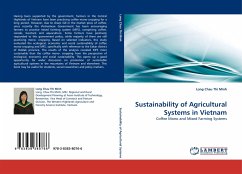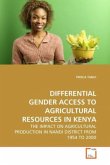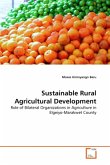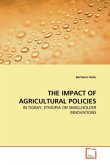Recent economic literature has linked female headship
of households with poverty. Female-Headed Households
(FHH) have increasingly drawn the attention of
scholars and policymakers, in part because of the
unprecedented increase of this type of household, in
part because of the state of poverty associated with
them. Recent empirical literature has been examining
the nature of intra-household resource allocation,
and how labor is distributed accordingly across
different types of households (single / two headed,
male / female headed, etc.).
This book expands on the above theory in
transitional economies, for which Vietnam has been
chosen as the optimum candidate. The study
differentiates the effects of the theory on commune
type villages in the north with that of the more
developed, capitalistic ones in the south of Vietnam.
This book also integrates two pieces of literature to
examine intra-household bargaining and female
headship, which help examine the marginal effect of
male and female labor from the perspective of a
single FHH vs. the marginal effect of male and female
labor in a two-person/parent male-headed household.
of households with poverty. Female-Headed Households
(FHH) have increasingly drawn the attention of
scholars and policymakers, in part because of the
unprecedented increase of this type of household, in
part because of the state of poverty associated with
them. Recent empirical literature has been examining
the nature of intra-household resource allocation,
and how labor is distributed accordingly across
different types of households (single / two headed,
male / female headed, etc.).
This book expands on the above theory in
transitional economies, for which Vietnam has been
chosen as the optimum candidate. The study
differentiates the effects of the theory on commune
type villages in the north with that of the more
developed, capitalistic ones in the south of Vietnam.
This book also integrates two pieces of literature to
examine intra-household bargaining and female
headship, which help examine the marginal effect of
male and female labor from the perspective of a
single FHH vs. the marginal effect of male and female
labor in a two-person/parent male-headed household.

